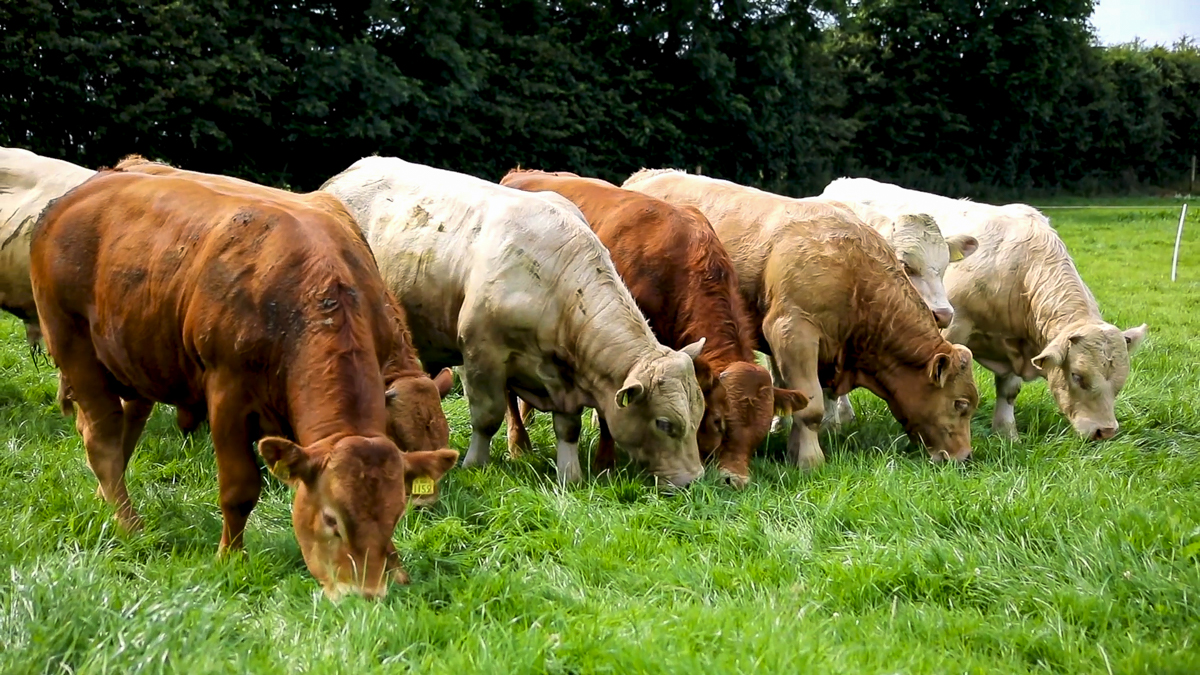Copa Cogeca, which lobbies for 22 million European farmers has said that thousands of family livestock farms will be unfairly forced to comply with an expensive emissions protocol that is not designed for them, under the European Commission’s proposed review of the Industrial Emissions Directive (IED).
The review of the 2010 IED, which was published yesterday, proposes the inclusion of farms that exceed a threshold of 150 livestock units (LUs) in the requirement to hold an environmental permit.
This revision would see almost 10 times the number of family farms included in the directive, where they would be forced to comply with protocol that was primarily designed for large companies, according to Copa Cogeca.
According to the farmer organisation, the implementation of the IED is not only costly, but also administratively burdensome, and argues that extending it to most livestock farms would have unbearable consequences for farming families.
The commission has said that the cost of the permits required by the affected farms would be €2,400 per year, per farm.
According to Copa Cogeca, more than 90% of the broiler production in Germany and Finland will be considered “agro-industrial installations”, as will 90% of French pig, beef and dairy production.
Copa president, Christiane Lambert said the European model of farming is a family one, and this will be severely hit if this proposal comes into effect:
“Despite the different crises that are piling up, livestock farmers are making significant efforts to evolve their practices and to best combine productivity and respect for the environment.
“The fact that the commission speaks of ‘agro-industrial installations’ to describe family farms shows that there is total confusion on what the reality of livestock farming is.
“Lowering the threshold so dramatically will severely hit the European model of family farming with additional costs and bottlenecks,” Lambert added.
Copa Cogeca has said that this proposal raises questions about the overall coherence of the European Commission’s approach when it comes to EU livestock.
